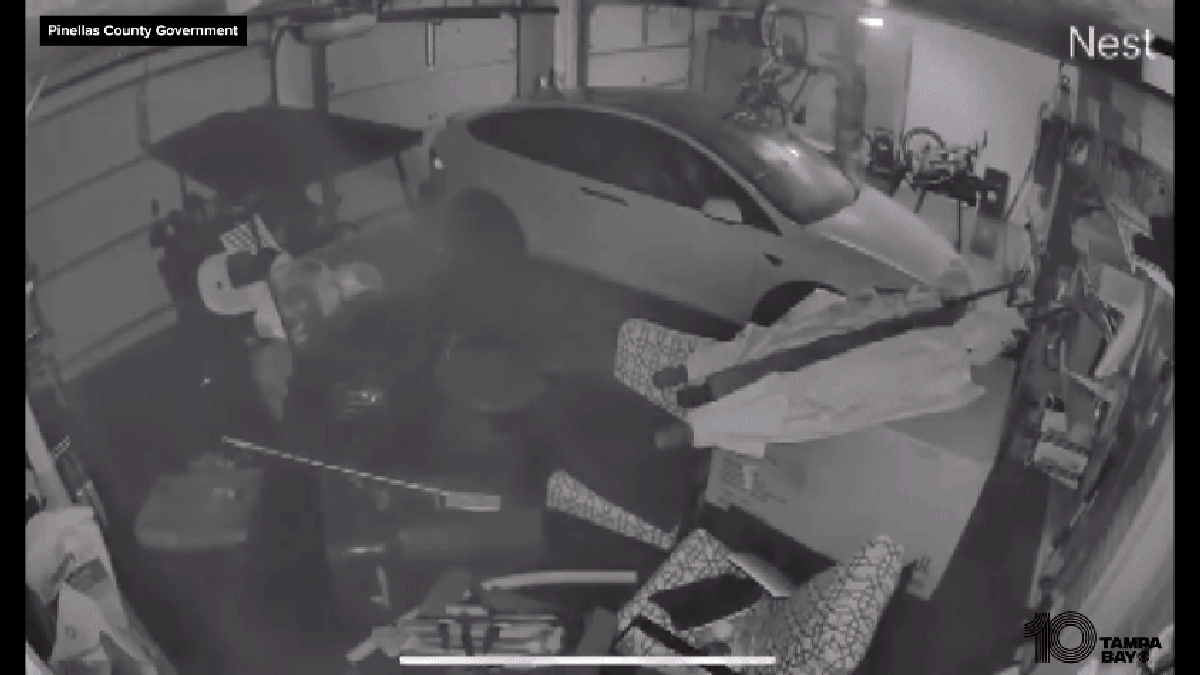Electric vehicle fires have made headlines for years now, but in the aftermath of Hurricane Helene, the Category 4 hurricane that caused record devastation from wind, rain, and storm surge, EVs are spontaneously combusting and saltwater is a main culprit. Florida Gov. Ron DeSantis urged EV owners to get their vehicles to higher ground before Helene hit to prevent submersion and minimize the likelihood of fires. Tesla advises owners to avoid letting its vehicles become submerged, but if it happens to tow the vehicle at least 50-feet away from anything combustible until it can be inspected by a mechanic.
Saltwater poses an especially serious risk to electric vehicle batteries because salt conducts electricity. The National Highway Traffic Safety Administration (NHTSA) has been researching this phenomenon since EVs started catching fire following Hurricane Sandy in 2012, but quantifying the issue has proven challenging. Freshwater flooding in California hasn’t caused the same frequency of EV fires that Florida has seen in the wake of several hurricanes over the past decade, and researchers believe saltwater is to blame. According to the Associated Press:
Electric vehicles with lithium ion batteries can catch fire if the batteries short circuit and start to heat up. Tom Barth with the National Transportation Safety Board said that if the heat starts to spread between different cells in the battery back it can cause a chain reaction called thermal runaway.
“If the saltwater is able to bridge the gap between the positive and negative terminals of battery, then it can cause a short circuit,” said Barth, who is chief of the special investigations branch of the NTSB’s office of highway safety.
Carmakers do design their batteries to try to prevent this problem. There are often separations or insulation barriers between different cells in the battery pack, and manufacturers take steps to keep moisture out. But they do have to include ways for the batteries to vent heat.
“Where it begins to be a problem is if you have the batteries submerged in standing water. That’s where it starts to overcome the moisture seals in the battery,” Barth said.
The damage caused by submerging an EV in saltwater does not disappear once the water recedes. Sometimes EVs that have been submerged in saltwater can catch fire long after the water evaporates since the conductive salt is still present. Following Hurricane Ian, it’s estimated that 5,000 EVs were compromised by water and 36 of them caught fire. Not every EV that’s submerged will catch fire, but it’s important to heed warnings since EV fires are so difficult to extinguish. Florida currently faces elevated risk of these fires due to Hurricane Helene’s storm surge that caused ocean water to flood some areas as deep as 20 feet. If your EV has been compromised by flooding of any sort, park your vehicle away from anything combustible until it can be inspected by a professional.


